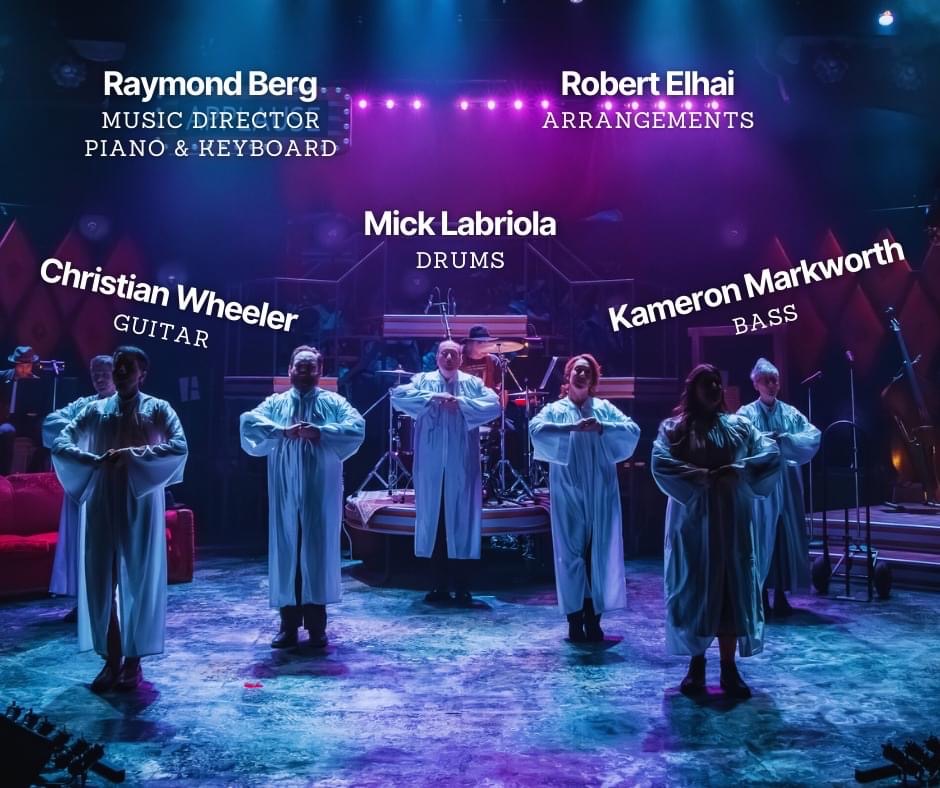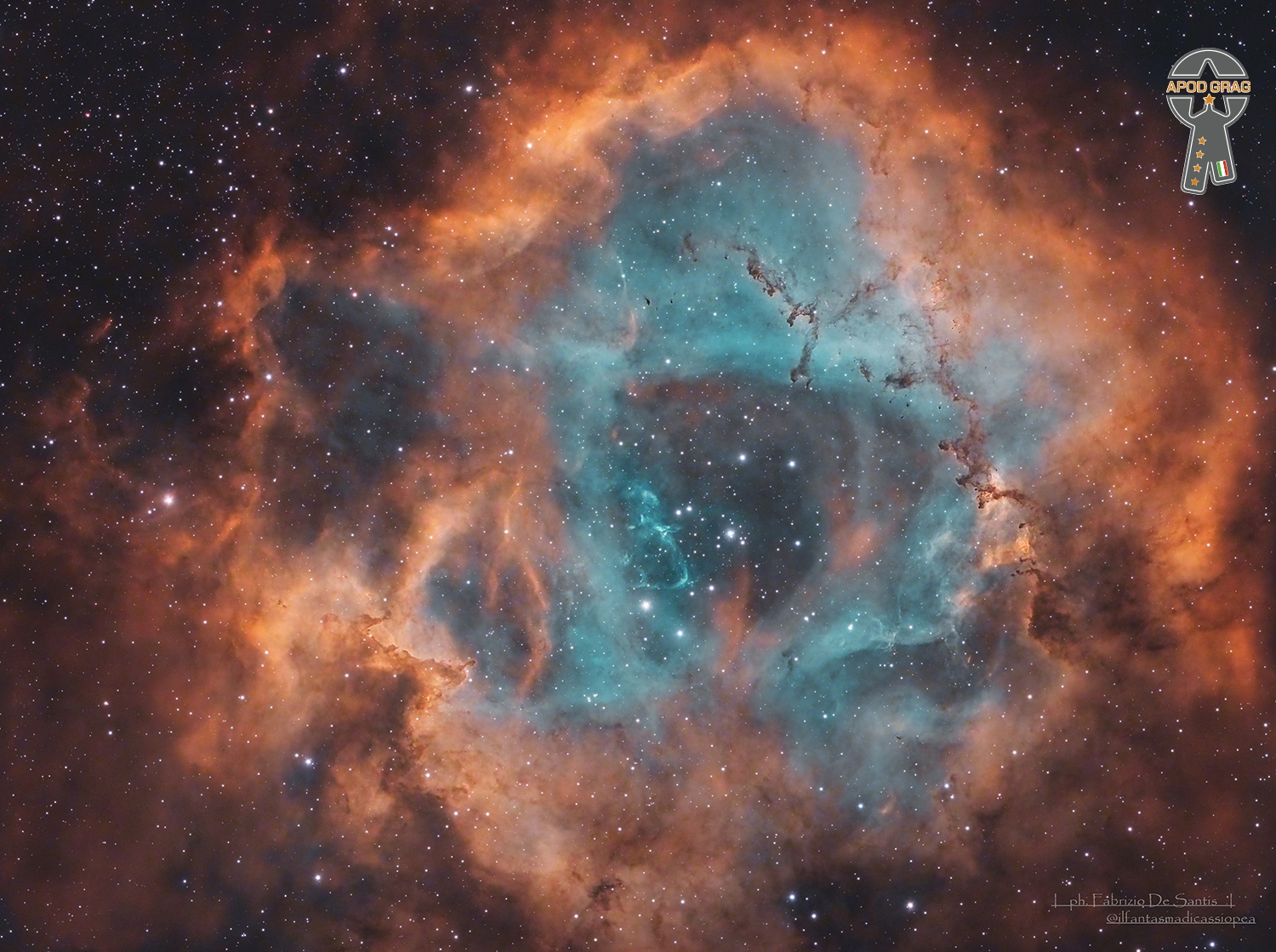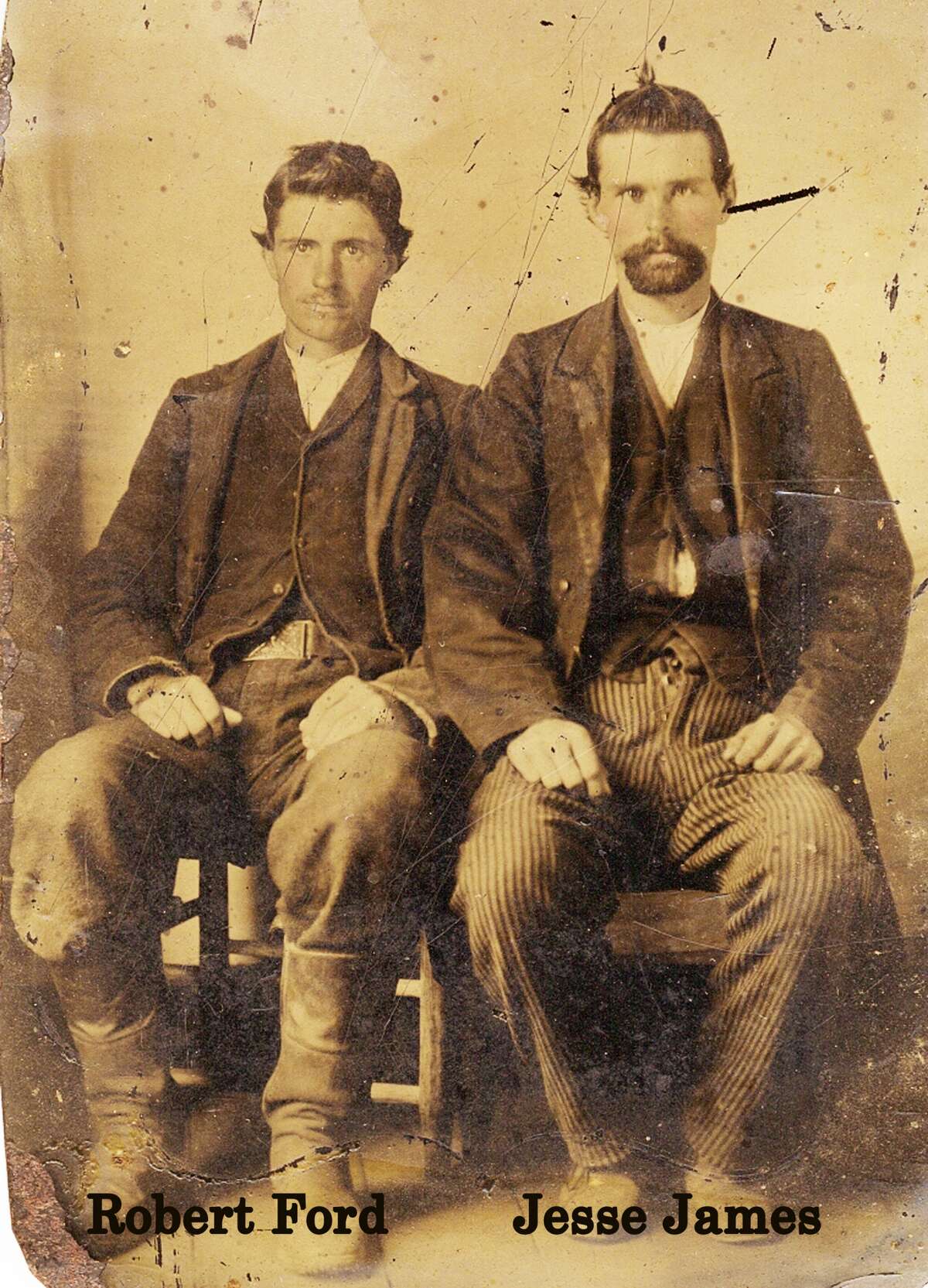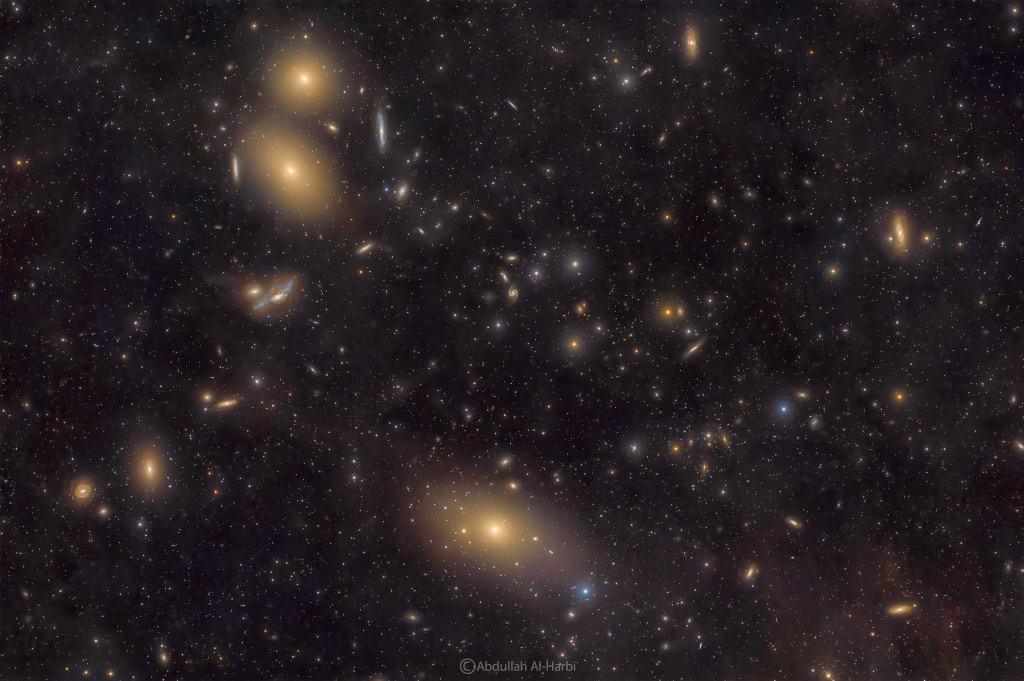Blog
Cecil Bustamente Campbell OD (24 May 1938 – 8 September 2016), known professionally as Prince Buster, was a Jamaican singer-songwriter and producer. The records he released in the 1960s influenced and shaped the course of Jamaican contemporary music and created a legacy of work that would be drawn upon later by reggae and ska artists.
Cecil Bustamente Campbell was born in Orange Street in Kingston, Jamaica, on 24 May 1938. His middle name was given to him by his family in honour of the Labour activist and first post-Independence Prime Minister William Alexander Clarke Bustamante. In the early 1940s, Campbell was sent to live with his grandmother in rural Jamaica where his family’s commitment to the Christian faith, gave him his earliest musical experiences in the form of church singing as well as private family prayer and hymn meetings.Returning to live at Orange Street while still a young boy, Campbell attended the Central Branch School and St. Anne’s School.
more...John Henry Creach (May 28, 1917 – February 22, 1994), better known as Papa John Creach, was an American blues violinist who also played classical, jazz, R&B, pop and acid rock music. Early in his career, he performed as a journeyman musician with Louis Armstrong, Fats Waller, Stuff Smith, Charlie Christian, Big Joe Turner, T-Bone Walker, Nat King Cole and Roy Milton.
Following his rediscovery by drummer Joey Covington in 1967, he fronted a variety of bands (including Zulu and Midnight Sun) in addition to playing with Jefferson Airplane, Hot Tuna, Jefferson Starship, the San Francisco All-Stars (1979–1984), Dinosaurs (1982–1989) and Steve Taylor.
Creach recorded a number of solo albums and guested at several Grateful Dead and Charlie Daniels Bandconcerts. He was a regular guest at the early annual Volunteer Jams, hosted by Charlie Daniels, which exposed him to a new audience that was receptive to fiddle players.
Creach was born in Beaver Falls, Pennsylvania, near the border of Ohio. As a child, he was introduced to the violin by an uncle, and he received both tutoring in the instrument and conservatory training. Creach and his family moved to Chicago in 1935.
more...Aaron Thibeaux “T-Bone” Walker (May 28, 1910 – March 16, 1975) was an American blues musician, composer, songwriter and bandleader, who was a pioneer and innovator of the jump blues, West Coast blues, and electric blues sounds. In 2018 Rolling Stone magazine ranked him number 67 on its list of “The 100 Greatest Guitarists of All Time”.
Aaron Thibeaux Walker was born in Linden, Texas, of African-American and Cherokee descent. His parents, Movelia Jimerson and Rance Walker, were both musicians. His stepfather, Marco Washington (a member of the Dallas String Band), taught him to play the guitar, ukulele, banjo, violin, mandolin, and piano.
more...Andrew Dewey Kirk (May 28, 1898 – December 11, 1992 Newport, KY) was an American jazz saxophonist and tubist who led the Twelve Clouds of Joy, a band popular during the swing era.
He was born in Newport, Kentucky, United States. Kirk grew up in Denver, Colorado, where he was tutored by Wilberforce Whiteman, Paul Whiteman‘s father. Kirk started his musical career playing with George Morrison’s band, but then went on to join Terrence Holder‘s Dark Clouds of Joy. In 1929, he was elected leader after Holder departed. Renaming the band Clouds of Joy, Kirk also relocated the band from Dallas, Texas, to Kansas City, Missouri. Although named the Clouds of Joy, the band has also been known as the Twelve Clouds of Joy due to the number of musicians in the band. They set up in the Pla-Mor Ballroom on the junction of 32nd and Main in Kansas City and made their first recording for Brunswick Records that same year. Mary Lou Williams came in as pianist at the last moment, but she impressed Brunswick’s Dave Kapp, so she became a member of the band.
After their first recordings in 1929–1930, they grew popular as they epitomized the Kansas City jazz sound. In mid-1936, he was signed to Decca and made scores of popular records until 1946. He presumably disbanded and reformed his band during that six-year recording layoff, as his 1929–1930 Brunswick appeared to have sold well enough to stay in the catalog through the period and 1933-34 pressings (with the mid-1930s label variations) have been seen.
In 1938, Kirk and band held the top spot of the Billboard chart for 12 weeks with “I Won’t Tell a Soul (I Love You)”, written by Hughie Charles and Ross Parker, featuring Pha Terrell on vocals. In 1942, Kirk and His Clouds of Joy recorded “Take It and Git”, which on October 24, 1942, became the first single to hit number one on the Harlem Hit Parade, the predecessor to the Billboard R&B chart. In 1943, with June Richmond on vocals, he had a number 4 hit with “Hey Lawdy Mama“.
more...The 5th and final weekend of The Defeat of Jesse James at the History Theater. Tonight Saturday May 27th 2023 at 730pm. Featuring music with Raymond Berg, Kam Markworth, Christian Wheeler and mick laBriola.

The Rosette Nebula (also known as Caldwell 49) is an H II region located near one end of a giant molecular cloud in the Monoceros region of the Milky Way Galaxy. The open cluster NGC 2244 (Caldwell 50) is closely associated with the nebulosity, the stars of the cluster having been formed from the nebula’s matter.
The nebula has been noted to be having a shape reminiscent of a human skull, and is sometimes referred to as the “Skull Nebula.” It is not to be confused with NGC 246, which is also nicknamed the “Skull Nebula.”

more...
Dee Dee Bridgewater (née Denise Garrett, May 27, 1950) is an American jazz singer and actress. She is a three-time Grammy Award-winning singer-songwriter, as well as a Tony Award-winning stage actress. For 23 years, she was the host of National Public Radio’s syndicated radio show JazzSet with Dee Dee Bridgewater. She is a United Nations Goodwill Ambassador for the Food and Agriculture Organization.
Born Denise Eileen Garrett in Memphis, Tennessee, she was raised Catholic in Flint, Michigan. Her father, Matthew Garrett, was a jazz trumpeter and teacher at Manassas High School, and through his playing, she was exposed to jazz early on. At the age of 16, she was a member of a Rock and R&B trio, singing in clubs in Michigan. At 18, she studied at Michigan State University before she went to the University of Illinois at Urbana-Champaign. With the school’s jazz band, she toured the Soviet Union in 1969.
more...Clifford Everett “Bud” Shank Jr. (May 27, 1926 – April 2, 2009) was an American alto saxophonist and flautist. He rose to prominence in the early 1950s playing lead alto and flute in Stan Kenton‘s Innovations in Modern Music Orchestra and throughout the decade worked in various small jazz combos. He spent the 1960s as a first-call studio musician in Hollywood. In the 1970s and 1980s, he performed regularly with the L. A. Four. Shank ultimately abandoned the flute to focus exclusively on playing jazz on the alto saxophone. He also recorded on tenor and baritone sax. His most famous recording is probably the version of “Harlem Nocturne” used as the theme song in Mickey Spillane’s Mike Hammer. He is also well known for the alto flute solo on the song “California Dreamin’” recorded by The Mamas & the Papas in 1965.
Bud Shank was born in Dayton, Ohio, United States. He began playing the clarinet in Vandalia, Ohio, but switched to saxophone before attending the University of North Carolina. While at UNC, Shank was initiated into the Pi Kappa Alpha fraternity. In 1946, he worked with Charlie Barnet before moving on to Kenton and the West coast jazz scene. He also had a strong interest in what might now be termed world music, playing Brazilian-influenced jazz with Laurindo Almeida in 1953 and 1954.
more...Niels-Henning Ørsted Pedersen , 27 May 1946 – 19 April 2005), also known by his abbreviated nickname NHØP, was a Danish jazz double bassist. Pedersen was born in Osted, near Roskilde, on the Danish island of Zealand, the son of a church organist. As a child, Ørsted Pedersen played piano, but from the age of 13, he started learning to play upright bassand at the age of 14, while studying, he began his professional jazz career in Denmark with his first band, Jazzkvintet 60 (Danish for Jazz Quintet 60). By the age of fifteen, he had the ability to accompany leading musicians at nightclubs, working regularly at Copenhagen’s Jazzhus Montmartre, after his debut there on New Year’s Eve 1961, when he was only 15. When seventeen, he had already turned down an offer to join the Count Basie orchestra, mainly because he was too young to get legal permission to live and work as a musician in the United States.
more...Ramsey Emmanuel Lewis Jr. (May 27, 1935 – September 12, 2022) was an American jazz pianist, composer, and radio personality. Lewis recorded over 80 albums and received five gold records and three Grammy Awards in his career. His album The In Crowd earned Lewis critical praise and the 1965 Grammy Award for Best Jazz Performance. His best known singles include “The ‘In’ Crowd“, “Wade in the Water“, and “Sun Goddess“. Until 2009, he was the host of the Ramsey Lewis Morning Show on the Chicago radio station WNUA.
Lewis was also active in musical education in Chicago. He founded the Ramsey Lewis Foundation, established the Ravinia’s Jazz Mentor Program, and served on the board of trustees for the Merit School of Music and The Chicago High School for the Arts.
Ramsey Lewis was born on May 27, 1935, in Chicago to Ramsey Lewis Sr. and Pauline Lewis. His father was a church choir director and Lewis felt that his father influenced him to study music. When it was decided that his older sister, Lucille, would take piano lessons and not Ramsey also (because their father felt he could only afford lessons for one child), Ramsey threw a fit. His father relented and somehow found the money. Thus Lewis began taking piano lessons at the age of four with Ernestine Bruce, the church pianist and organist. When Lewis was 11, Bruce suggested he study with Dorothy Mendelssohn at the Chicago Musical College. Mendelssohn taught him classical technique with the philosophy that “it freed the performer from the thinking about the notes so he could concentrate on the music.” Lewis realized what she meant when he saw Wynton Kelly with the Miles Davis group, Kelly asked him to play something, and Kelly complimented him by saying “Boy, I wish I had technique.”
more...The 5th and final weekend of The Defeat of Jesse James at the History Theater. Tonight Friday May 26th 2023 at 730pm. Featuring music with Raymond Berg, Kam Markworth, Christian Wheeler and mick laBriola.

Galaxies of the Virgo Cluster are scattered across this nearly 4 degree wide telescopic field of view. About 50 million light-years distant, the Virgo Cluster is the closest large galaxy cluster to our own local galaxy group. Prominent here are Virgo’s bright elliptical galaxies Messier catalog, M87 at bottom center, and M84 and M86 (top to bottom) near top left. M84 and M86 are recognized as part of Markarian’s Chain, a visually striking line-up of galaxies on the left side of this frame. Near the middle of the chain lies an intriguing interacting pair of galaxies, NGC 4438 and NGC 4435, known to some as Markarian’s Eyes. Of course giant elliptical galaxy M87 dominates the Virgo cluster. It’s the home of a super massive black hole, the first black hole ever imaged by planet Earth’s Event Horizon Telescope.

Stephanie Lynn Nicks (born May 26, 1948) is an American singer, songwriter, and producer known for her work with the band Fleetwood Mac and as a solo artist.
After starting her career as a duo with her then-boyfriend Lindsey Buckingham, releasing the album Buckingham Nicks to little success, Nicks joined Fleetwood Mac in 1975, helping the band to become one of the best-selling music acts of all time with over 120 million records sold worldwide. Rumours, the band’s second album with Nicks, became one of the best-selling albums worldwide, being certified 20× platinum in the US.
In 1981, while remaining a member of Fleetwood Mac, Nicks began her solo career, releasing the studio album Bella Donna, which topped the Billboard 200 and has reached multiplatinum status. She has released eight studio solo albums and seven studio albums with Fleetwood Mac, selling a certified total of 65 million copies in the US alone. After the release of her first solo album, Rolling Stone named her the “Reigning Queen of Rock and Roll“. Nicks was named one of the 100 Greatest Songwriters of All Time and one of the 100 Greatest Singers of All Time by Rolling Stone. Her Fleetwood Mac songs “Landslide“, “Rhiannon“, and “Dreams“, with the last being the band’s only number one hit in the US, together with her solo hit “Edge of Seventeen“, have all been included in Rolling Stone‘s list of the 500 Greatest Songs of All Time. She is the first woman to have been inducted twice into the Rock and Roll Hall of Fame: first as a member of Fleetwood Mac in 1998 and then as a solo artist in 2019.
Nicks has garnered eight Grammy Award nominations and two American Music Award nominations as a solo artist. She has won numerous awards with Fleetwood Mac, including a Grammy Award for Album of the Year in 1978 for Rumours.
The albums Fleetwood Mac, Rumours, and Bella Donna have been included in the “Greatest of All Time Billboard 200 Albums” chart by Billboard. Furthermore, Rumours was rated the seventh-greatest album of all time in Rolling Stone‘s list of the “500 Greatest Albums of All Time“, as well as the fourth-greatest album by female acts.
more...
Rubén González Fontanills (26 May 1919 – 8 December 2003) was a Cuban pianist. Together with Lilí Martínez and Peruchín he is said to have “forged the style of modern Cuban piano playing in the 1940s”.
Between the 1940s and his retirement in the 1980s, he played with Cuba’s most successful acts, including Paulina Álvarez, Arsenio Rodríguez, Orquesta América del 55, Orquesta Riverside and Enrique Jorrín. In the 1990s, he came out of retirement to play in the revival ensembles Afro-Cuban All Stars and Buena Vista Social Club, also recording solo material and performing live until 2002.
González was born in Santa Clara, Cuba, on 26 May 1919. His family moved to the small village of Encrucijada when he was 6 years old. He took up the piano at age seven and graduated from the Cienfuegos Conservatory at age 15.
more...Miles Dewey Davis III (May 26, 1926 – September 28, 1991) was an American trumpeter, bandleader, and composer. He is among the most influential and acclaimed figures in the history of jazz and 20th-century music. Davis adopted a variety of musical directions in a five-decade career that kept him at the forefront of many major stylistic developments in jazz.
Born in Alton, Illinois, and raised in East St. Louis, Davis left to study at Juilliard in New York City, before dropping out and making his professional debut as a member of saxophonist Charlie Parker‘s bebop quintet from 1944 to 1948. Shortly after, he recorded the Birth of the Cool sessions for Capitol Records, which were instrumental to the development of cool jazz. In the early 1950s, Davis recorded some of the earliest hard bop music while on Prestige Records but did so haphazardly due to a heroin addiction. After a widely acclaimed comeback performance at the Newport Jazz Festival, he signed a long-term contract with Columbia Records, and recorded the album ‘Round About Midnight in 1955. It was his first work with saxophonist John Coltrane and bassist Paul Chambers, key members of the sextet he led into the early 1960s. During this period, he alternated between orchestral jazz collaborations with arranger Gil Evans, such as the Spanish music-influenced Sketches of Spain (1960), and band recordings, such as Milestones (1958) and Kind of Blue (1959). The latter recording remains one of the most popular jazz albums of all time, having sold over five million copies in the U.S.
Davis made several line-up changes while recording Someday My Prince Will Come (1961), his 1961 Blackhawk concerts, and Seven Steps to Heaven (1963), another mainstream success that introduced bassist Ron Carter, pianist Herbie Hancock, and drummer Tony Williams. After adding saxophonist Wayne Shorter to his new quintet in 1964, Davis led them on a series of more abstract recordings often composed by the band members, helping pioneer the post-bop genre with such as E.S.P (1965) and Miles Smiles (1967), before transitioning into his electric period. During the 1970s, he experimented with rock, funk, African rhythms, emerging electronic music technology, and an ever-changing line-up of musicians, including keyboardist Joe Zawinul, drummer Al Foster, and guitarist John McLaughlin. This period, beginning with Davis’s 1969 studio album In a Silent Way and concluding with the 1975 concert recording Agharta, was the most controversial in his career, alienating and challenging many in jazz. His million-selling 1970 record Bitches Brew helped spark a resurgence in the genre’s commercial popularity with jazz fusion as the decade progressed.
After a five-year retirement due to poor health, Davis resumed his career in the 1980s, employing younger musicians and pop sounds on albums such as The Man with the Horn (1981) and Tutu (1986). Critics were often unreceptive but the decade garnered Davis his highest level of commercial recognition. He performed sold-out concerts worldwide, while branching out into visual arts, film, and television work, before his death in 1991 from the combined effects of a stroke, pneumonia and respiratory failure. In 2006, Davis was inducted into the Rock and Roll Hall of Fame, which recognized him as “one of the key figures in the history of jazz”. Rolling Stone described him as “the most revered jazz trumpeter of all time, not to mention one of the most important musicians of the 20th century,” while Gerald Early called him inarguably one of the most influential and innovative musicians of that period.
more...Angela Isadora Duncan (May 26, 1877 or May 27, 1878 – September 14, 1927) was an American dancer and choreographer, who was a pioneer of modern contemporary dance, who performed to great acclaim throughout Europe and the US. Born and raised in California, she lived and danced in Western Europe, the US and the Soviet Union from the age of 22 until her death at age 50 when her scarf became entangled in the wheel and axle of the car in which she was travelling in Nice, France.
Angela Isadora Duncan was born in San Francisco, the youngest of the four children of Joseph Charles Duncan (1819–1898), a banker, mining engineer and connoisseur of the arts, and Mary Isadora Gray (1849–1922).
On the night of September 14, 1927, in Nice, France, Duncan was a passenger in an Amilcar CGSS automobile owned by Benoît Falchetto, a French-Italian mechanic. She wore a long, flowing, hand-painted silk scarf, created by the Russian-born artist Roman Chatov, a gift from her friend Mary Desti, the mother of American filmmaker, Preston Sturges. Desti, who saw Duncan off, had asked her to wear a cape in the open-air vehicle because of the cold weather, but she would agree to wear only the scarf. As they departed, she reportedly said to Desti and some companions, “Adieu, mes amis. Je vais à la gloire !” (“Farewell, my friends. I go to glory!”); but according to the American novelist Glenway Wescott, Desti later told him that Duncan’s actual parting words were, “Je vais à l’amour”(“I am off to love”). Desti considered this embarrassing, as it suggested that she and Falchetto were going to her hotel for a tryst.
Her silk scarf, draped around her neck, became entangled around the open-spoked wheels and rear axle, pulling her from the open car and breaking her neck. Desti said she called out to warn Duncan about the scarf almost immediately after the car left. Desti took Duncan to the hospital, where she was pronounced dead.
more...More Posts
- Zoot Sims Day
- World Music with Adama Koné, Mahamadou Koné, Diawoyé Koné
- Daily Roots with Prince All
- The Cosmos with the Sun
- Richard Bona Day
- Glen Moore Day
- Charlie Daniels Day
- Andy Bey Day
- World Music with Habib Koité & Bamada
- Daily Roots with Bonnie & Ricky
- The Cosmos with Aurora Borealis NW Territories
- Phillip Catherine Day
- Babs Gonzales Day
- George Wallington Day
- World Music with Bombino
- Daily Roots with Mystic
- The Cosmos with SDSS J103842.59+484917.7
- Bootsy Collins
- Milton Nascimento Day
- Charlie Barnet Day